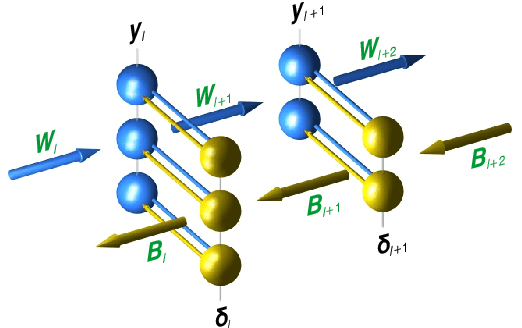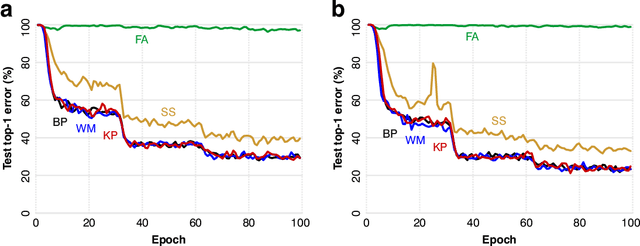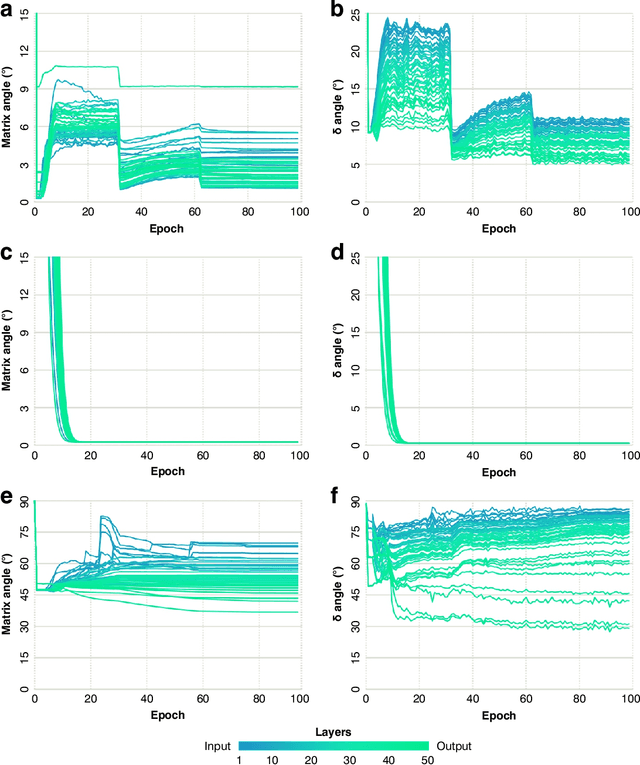Collin Wilson
Deep Learning without Weight Transport
May 31, 2019



Abstract:Current algorithms for deep learning probably cannot run in the brain because they rely on weight transport, where forward-path neurons transmit their synaptic weights to a feedback path, in a way that is likely impossible biologically. An algorithm called feedback alignment achieves deep learning without weight transport by using random feedback weights, but it performs poorly on hard visual-recognition tasks. Here we describe two mechanisms - a neural circuit called a weight mirror and a modification of an algorithm proposed by Kolen and Pollack in 1994 - both of which let the feedback path learn appropriate synaptic weights quickly and accurately even in large networks, without weight transport or complex wiring.Tested on the ImageNet visual-recognition task, these mechanisms outperform both feedback alignment and the newer sign-symmetry method, and nearly match backprop, the standard algorithm of deep learning, which uses weight transport.
 Add to Chrome
Add to Chrome Add to Firefox
Add to Firefox Add to Edge
Add to Edge